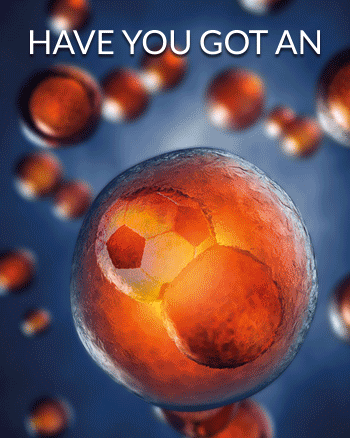Keywords
Dyslipidaemia, sitosterolaemia, ezetimibe, evolocumab
Abstract
This report presents a 57-year-old female with a history of dyslipidaemia, intolerant to statins and currently managed on evolocumab. Despite a healthy lifestyle, lipid panel abnormalities persisted, leading to an investigation that revealed heterozygous mutations in the ABCG8 gene, confirming a diagnosis of sitosterolaemia. The patient’s unique response to lipid-lowering medications typified this rare disorder, necessitating specialised genetic testing for diagnosis. Management involved dietary modifications and the introduction of ezetimibe, evolocumab and atorvastatin, demonstrating the personalised nature of treatment. The case underscores the importance of considering sitosterolaemia in unexplained lipid abnormalities and highlights the challenges in diagnosis and management. Ongoing research is crucial for refining diagnostic and therapeutic strategies for this clinically significant disorder, emphasising the need for a multidisciplinary approach to patient care.
References











